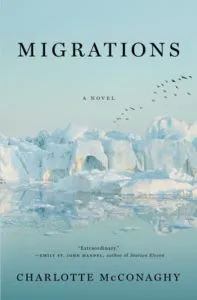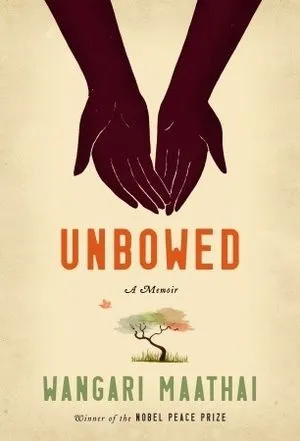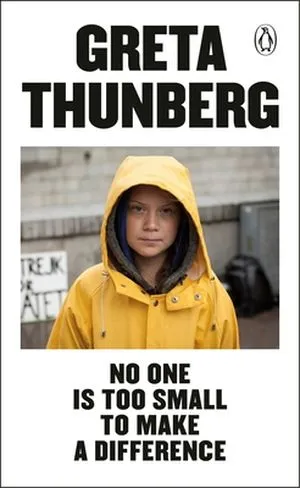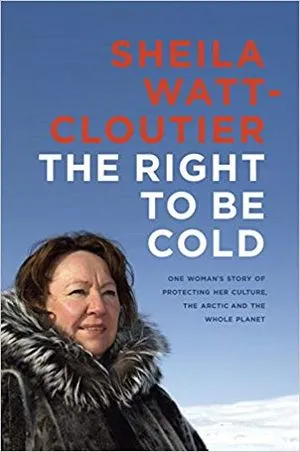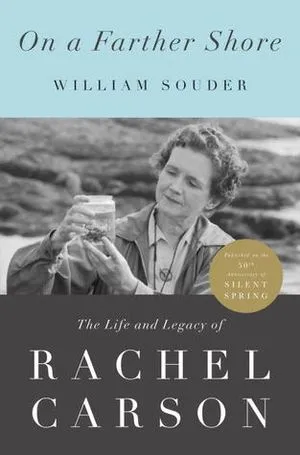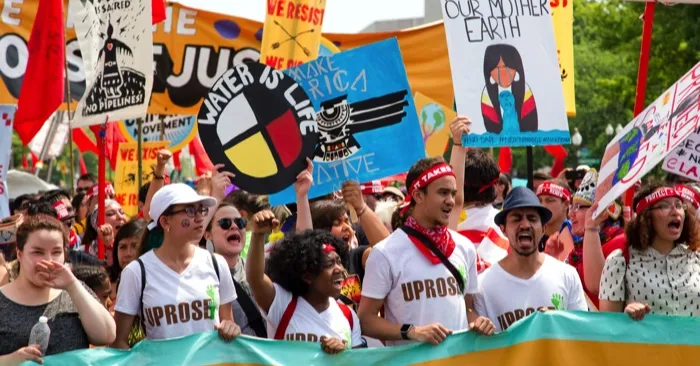
Environmentalist Heroes: 5 Biographies and Memoirs
When I was in seventh grade, our teacher asked us to dress up as one of our heroes and present on their life to the class. I chose Rachel Carson, brilliant writer and biologist, in part because the costume required all the effort of wearing a field jacket and hanging binoculars around my neck. I also genuinely admired the author of Silent Spring and other environmental classics. Carson’s descriptions of the devastating impact of the insecticide DDT on the natural world alerted Americans to the environmental costs of pesticides. Her books and stories led to widespread reform about the use and disposal of chemicals.
As a budding writer, I was inspired by Carson’s work. Her books and stories were more than entertainment; they led to real, systemic change that has safeguarded the environment and human health. Carson offered my first introduction into the way books can change popular opinion and create political will to solve global crises.
In that spirit, here are the stories of environmentalists who have advocated to preserve and protect the natural world. Told through biographies and memoirs, these passionate activists’ stories may inspire others to protect the fragile environment and fight for a safer, healthier world.
Unbowed by Wangari Maathi
Wangari Maathi founded the Green Belt Movement, a nonprofit organization that plants trees across Africa and provides women with income and training in forestry, beekeeping, and other trades. In 2004, Maathi was the first African woman and the first environmentalist to win the Nobel Peace Prize. In Unbowed, Maathi’s memoir, she discusses everything from her childhood in Kenya to her fight against political oppression. Maathi’s memoir and work highlights the intersectionality of environmentalism and social justice.
No One Is Too Small to Make a Difference by Greta Thunberg
One of the youngest activists to ever address the United Nations, 17-year-old Greta Thunberg is one of the most recognizable leaders of climate activism today. No One Is Too Small to Make a Difference is a collection of Thunberg’s speeches, from the floor of the U.N. to Capitol Hill. In this slim volume, you can hear from the activist in her own words as she calls the young and old to take action on climate change. Even though the climate prognosis is grim, Thunberg leaves a note of hope: “Homo Sapiens have not yet failed. Yes, we are failing, but there is still time to turn everything around. We can still fix this. We still have everything in our own hands.”
The Right To Be Cold: One Woman’s Story of Protecting Her Culture, the Arctic and the Whole Planet by Sheila Watt-Cloutier
In her memoir, The Right to Be Cold, Canadian Inuit activist Sheila Watt-Cloutier focuses her environmentalism on the need to protect her community’s way of life. Watt-Cloutier fought to ban organic pollutants that contaminate the Arctic food chain and pose risks for the Inuit communities that rely on those food sources. As a political leader, she has brought attention to the perilous effects of global warming on the Arctic. Her memoir details her political advocacy and provides insight into the relationship of the Inuit with the changing climate.

A Passion for Nature: The Life of John Muir by Donald Worster
“America’s first environmentalist,” John Muir founded the Sierra Club and energized the conservation movement in the United States. Pals with Theodore Roosevelt and Ralph Waldo Emerson, John Muir and his passion for conserving natural beauty led to the creation of national parks and wilderness areas. In A Passion for Nature, biographer Donald Worster details Muir’s upbringing in Scotland, his move to America, and his devotion to the beautiful wilderness of his adopted country. Much of the biography is based on Muir’s private correspondence, which offers a glimpse into the personality of the man many consider to be the grandfather of the American conservation movement.
On a Farther Shore: The Life and Legacy of Rachel Carson, Author of Silent Spring by William Souder
I couldn’t end this list without a nod to my inspiration. In the biography On a Farther Shore, Souder describes how the biologist became one of the most prominent environmentalists of the 20th century. Her descriptions of the effect of DDT on the environment eventually led to a ban on the pesticide and closer regulation of chemicals used in farming. Though best known for Silent Spring, Carson wrote four best-selling books that captured her sense of wonder for the natural world and earned recognition as a brilliant writer as well as activist.
- 8 of the Best Novels About Environmental Disasters
- 8 Works of Hopeful Climate Fiction
- What is Ecopoetry? 5 Excellent Works to Get You Started
- 10 Environmentalist Cookbooks and Guides for a More Sustainable Kitchen
- What Aldo Leopold Taught Me About Nature
- 10 Picture Books for the Budding Environmentalist
- 8 Manga With Environmental Themes
- 10 Works of Environmental Literature From Around the World
- Scared About the Environment? Read These 10 Eco Horror Novels



